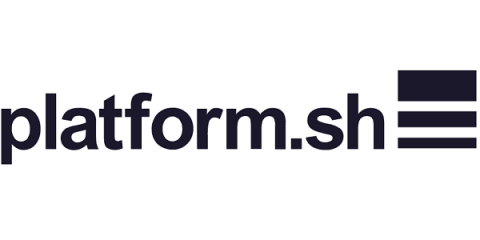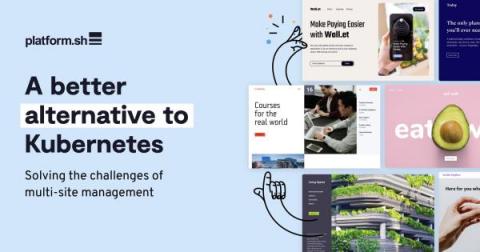[UPDATED] We're changing the way development environment URLs are generated
UPDATE 6 April 2022: There are times where we have to revisit our plan, and today is one of those times. Last week, we released a fix to solve some inconsistencies in how our development URLs are generated. Even though this change was not impacting any production environments, many customers reported that it was breaking their test integrations with third-party services, or that they were reaching a provisioning limit with our Let’s Encrypt certificates.










